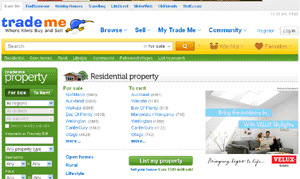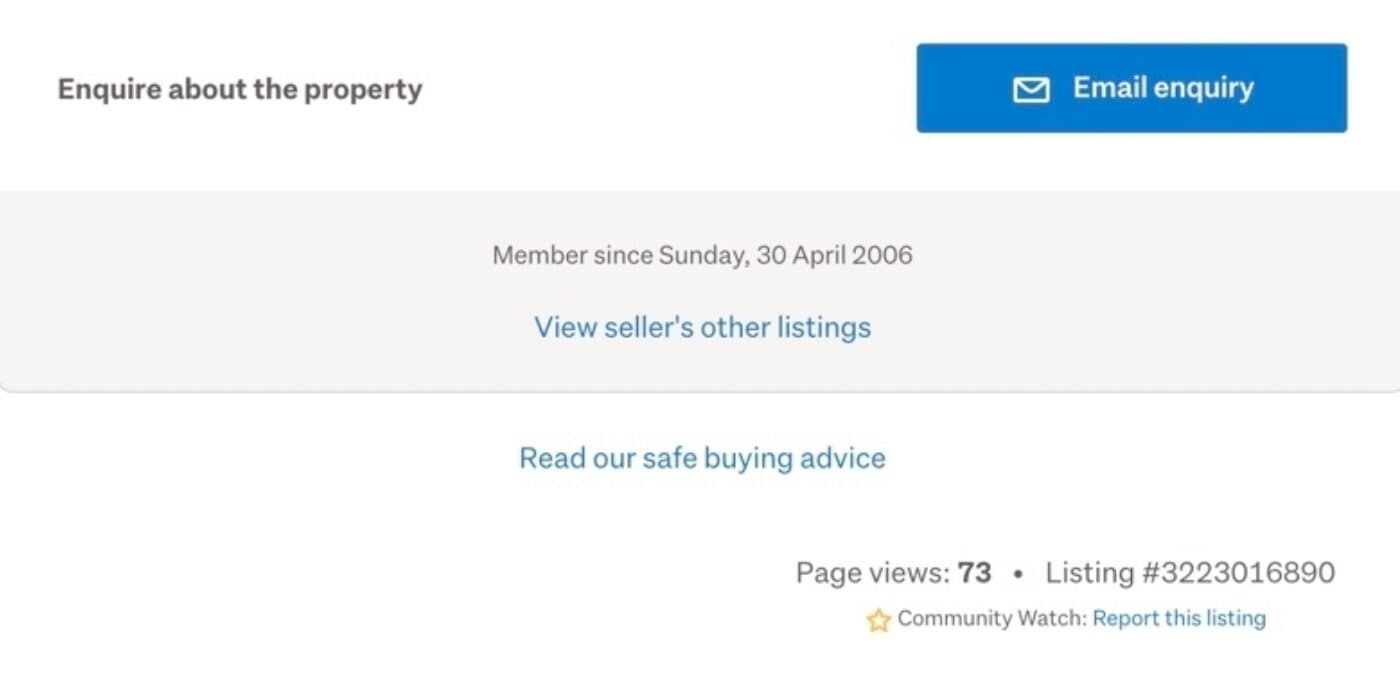
Property Investment
What happens in due diligence for an investment property?
This article shows you exactly what you need to do as a property investor during due diligence. This includes costs and a step by step guide of what to do.
Property Management
8 min read

Author: Laine Moger
Journalist and Property Educator, holds a Bachelor of Communication (Honours) from Massey University.
Reviewed by: Ed McKnight
Resident Economist, with a GradDipEcon and over five years at Opes Partners, is a trusted contributor to NZ Property Investor, Informed Investor, Stuff, Business Desk, and OneRoof.
A property manager is someone an investor is going to have a relationship with for many years, long past the 10-day period of due diligence. So the chemistry, and the communication, has to be just right.
In this article, you’ll learn exactly what you need to know about how to work with a property manager during the due diligence process.
A property manager will provide a realistic rental assessment for your potential purchase.
Unlike some other advisers within the due diligence process, they’re not going to tell you whether or not to purchase. Their goal is to give you the information so you can make an informed decision.
This assessment will be informed by research into the rental market, based on what is renting right now and who the tenant is likely to be.
The property manager will also give you an idea of how quickly a tenant can be found.
Property manager from Opes Property Management, says during due diligence it is important to use this time to test the relationship with your manager.
Tim says, more often than not, the relationship is going to last years. So if personalities don’t mix well, or there is a lack of communication, it might pay to suss out another property manager.
Usually, a meeting with the property manager happens in the second half of the 10-day due diligence process.
Occasionally, experienced investors will make contact before they’ve even started looking at properties to gauge the rent and tenancy potential in an unfamiliar area.
So, it can be the first step. But it’s recommended you only do this once you have a good working relationship and you’ve got a few properties under your belt, because more often than not it’s about the specifics of a property a buyer already has under contract.
First-time investors will often talk to a manager before going unconditional on a property. That’s to form a relationship, get as much information about the area as possible, and learn the process of finding tenants.
More experienced investors will pick up the phone and have a quick chat with their property manager about a rental assessment rather than meeting in person. These sorts of investors have done it before and are really just investing based on the numbers.
When assessing the rent on a new-build, property managers will make their call based on what it could rent for if built today. They’re not going to try and predict where the market will be once construction has finished in 6 to 18 months.
Tim says: “The worst thing I could do is say in 12 months I predict it will get this much rent, and then it doesn’t.”
Many property managers use a two-pronged approach to assessing rents, using Trade Me and the “market rent” function on tenancy.govt.nz.
Trade Me gives what is being advertised on the market right now and shows the quality expected at different prices.
The Market Rent tool gives a broad range of what properties are renting for within an area, but you can’t see the quality of individual properties.
Register for Opes+ where you can access the Ultimate Guide to Due diligence.
Trade Me gives other clues too. For example, if a property is still being advertised after 2 or 3 weeks, you should be asking why.
It could be an availability thing; it could be a short-term rental. But it could also be overpriced. The takeaway here is to pay attention to the number of views each property has had and how long the rental has been listed for.
For instance, based on current demand in Auckland, Tim would expect a property to receive 600 to 1000 hits in three days.
Ultimately, you need to make a judgement call on whether you believe a property manager’s estimate is realistic. There are two ways to go about this.
You can either take some of the steps outlined above to check the property manager’s workings - or you can ask them detailed questions to check their process.
It’s really important you use a realistic rent when running your numbers on an investment property, because you don’t want to buy a property thinking it’s going to get a high rent, and then in reality it doesn’t.

Here are a few questions you might want to ask your potential property manager during due diligence:
Also, don’t forget the finicky details of:
Tim says it’s common for property managers to stay with one contractor forever to manage maintenance and repairs.
But he likes to test them out, periodically, to see if he’s getting the best deal. So it might be worth quizzing your potential property manager about whether they shop around.
Anyone you like. But, of course, there is an entire spectrum of property managers. Some are excellent and some are less scrupulous.
If you’re working with Opes your customer relationship manager will organise for you to meet someone from Opes Property Management.
If you need a recommendation for a good property manager, Opes Partners reviewed the top 7 property managers in NZ here.
You don’t have to meet them in person but some property managers prefer that you do because it’s important to form a working relationship.
Tim says it’s nice to get along with someone and have some positives mixed in, so you don’t just get calls from the property manager when there is an unruly tenant or a broken pipe.
When your new-build property nears its finishing date, it may be competing with other properties within the project. For instance, if you buy a property in a development of 9, there are potentially 8 other properties trying to find a tenant at the same time.
That’s not always a concern, as rentals are often in high demand. But some investors consider how they can differentiate their rental from others, especially if they all look the same.
That’s something a good property manager will talk through with you.
For example, Tim is working with an investor in Glendowie. The rental assessment shows it is going to attract a higher income tenant. So, Tim suggested perhaps the landlord might like to add an EV charge point as a different feature.
Unfortunately, good tenants and good properties don’t last.
If you find a good tenant, 4 of 5 property managers are going to be hounding them. Likewise, if you find a good property, the tenants will be queuing around the corner to get in there.
Getting the property filled should be top of mind for any investor buying a property that doesn’t already come with tenants.
But new-builds have a few additional considerations because you’re renting out a home that is yet to be completed. You’ll want to talk about what process the property manager has in place in terms of renting at settlement.
The ideal situation is you settle on a Friday and the tenants move in on the Saturday.
A property manager finds and vets tenants. So to make sure your property is tenanted soon after settlement, Tim says he likes to get people to the property.
Yes, you can rent the property without the tenant seeing it, but videos and photos are only so much of the story. Photos should attract a person to the property, but they should see it for themselves.
The developer does not have to allow access, so this isn’t always possible. But if your property manager and developer work well together, the developer will often allow it.
Unfortunately with new-builds, sometimes delays crop up and the settlement date can be pushed out by a couple of weeks.
The absolute worst-case scenario is signing up a tenant and then having the settlement delayed. The landlord is responsible for housing that tenant regardless.
So, you don’t want to advertise the property too early either.
There have been instances where the landlord has had to put young families in a hotel for a few days, while they waited for the keys. There is no bigger nightmare for starting your rental journey.
It’s a bit of a juggle. Advertising the property, ideally, will start 2 to 3 weeks in advance of settlement, so check if the property manager is or isn’t likely to get early access to the property to take photos.
Yes, you do want some advertising out there and, yes, you do want people interested and making contact ahead of settlement. But you absolutely don’t want anyone signing on the dotted line until you have the keys.
Nothing at this stage during due diligence.
But once the property settles, you’ll often be charged a tenant sourcing fee, which used to be called a letting fee.
This fee is usually 1 weeks rent + GST or a fixed price e.g. $500. Following that, you’ll be charged a percentage of the rent per week, often around 8.99% + GST.
Often property managers will also charge for inspections and organising maintenance.
However, all property managers pass on the cost of bringing in other professionals. For example, a smoke alarm and Healthy Homes inspection often start from $149 + GST, dependent on house size. Same for meth testing, which starts at $189 + GST.
Journalist and Property Educator, holds a Bachelor of Communication (Honours) from Massey University.
Laine Moger, a seasoned Journalist and Property Educator holds a Bachelor of Communications (Honours) from Massey University and a Diploma of Journalism from the London School of Journalism. She has been an integral part of the Opes team for four years, crafting content for our website, newsletter, and external columns, as well as contributing to Informed Investor and NZ Property Investor.
This article is for your general information. It’s not financial advice. See here for details about our Financial Advice Provider Disclosure. So Opes isn’t telling you what to do with your own money.
We’ve made every effort to make sure the information is accurate. But we occasionally get the odd fact wrong. Make sure you do your own research or talk to a financial adviser before making any investment decisions.
You might like to use us or another financial adviser